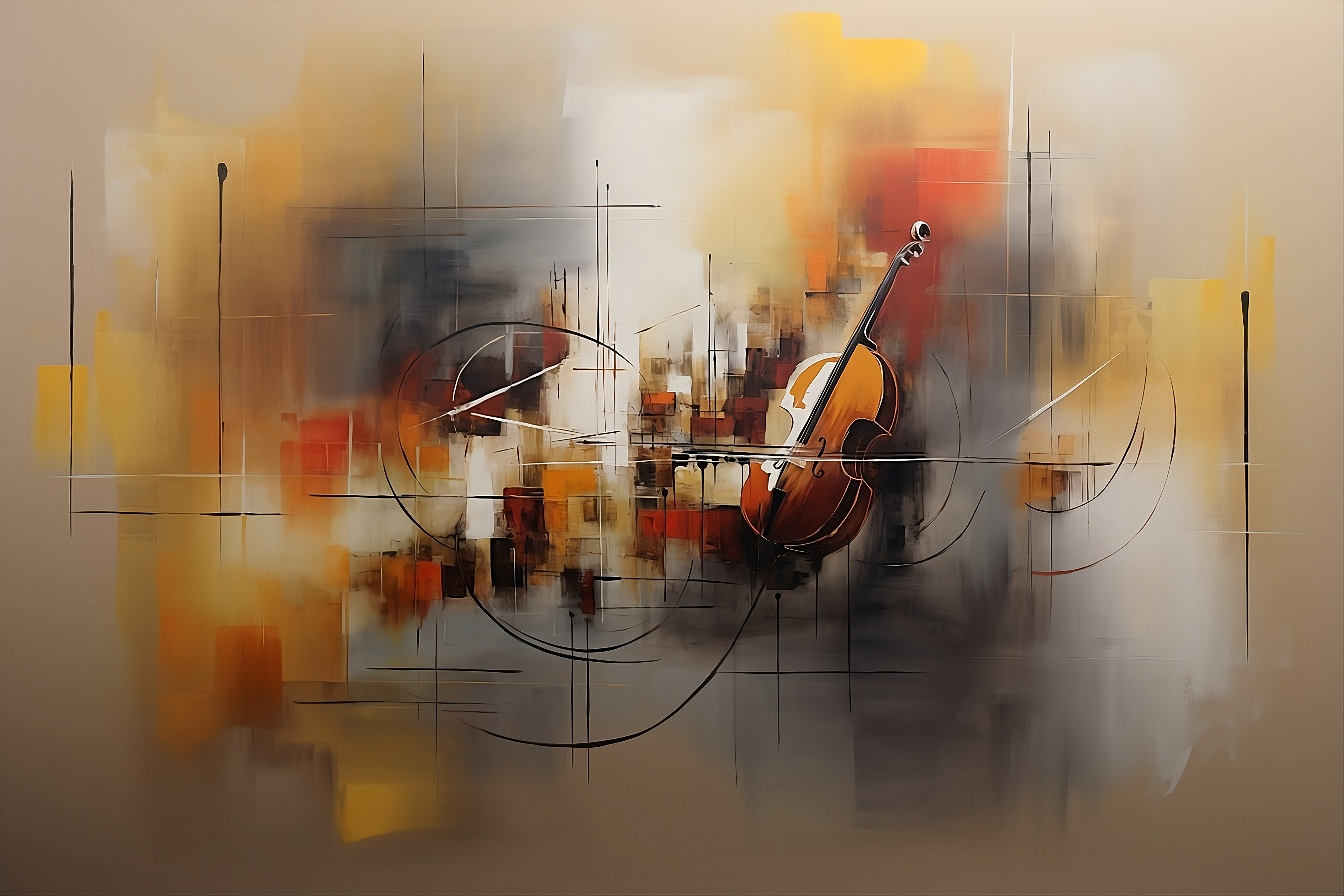Music is often referred to as a universal language that has the remarkable ability to transcend cultural and linguistic barriers. Regardless of the language we speak, the melodies, harmonies, and rhythms of music have the power to evoke emotions and forge connections among people from different backgrounds and cultures. In this article, we will explore the profound impact of music as a bridge, breaking barriers and building connections worldwide.
In today's interconnected world, effective communication across language barriers is more important than ever. While spoken and written languages may vary, music emerges as a unique form of communication that surpasses linguistic limitations. It directly touches the human soul, bypassing the need for translation. Music resonates with individuals on a deep level, irrespective of their cultural or linguistic backgrounds.
Music As A Universal Emotion
The Power of Music to Transcend Language Barriers
Music serves as a language of emotions, capable of expressing joy, sadness, love, and a myriad of human experiences. When words fail to articulate our feelings, music steps in, providing an outlet for our emotions. Whether it's a catchy pop song, a soulful ballad, or an intricate classical composition, music possesses the ability to connect with people profoundly, surpassing the boundaries of spoken language.
Cultural Diversity and Music
One of the most beautiful aspects of music is its ability to celebrate cultural diversity. Every culture boasts unique musical traditions and instruments, reflecting the values, beliefs, and history of its people. By appreciating and embracing music from different cultures, we can foster understanding, respect, and appreciation for the rich tapestry of human experiences.
Emotional Connection through Music
Music has a remarkable capacity to evoke strong emotions and foster a sense of shared experiences. When we listen to a particular song or melody, we may find ourselves transported to a different time or place, reliving memories or connecting with others who have had similar experiences. This emotional connection through music enables us to form bonds with people who may have vastly different backgrounds from our own.
Breaking Barriers Through Music
Music as a Tool for Communication
In situations where language barriers exist, music becomes a powerful tool for communication. Through music, individuals can express themselves, share their stories, and convey messages that might be challenging to articulate in words. Whether it's the lyrics of a song, the melodies of an instrumental piece, or the rhythm of a dance, music enables individuals to connect and understand each other at a deeper level.
Collaborative Projects and Cross-Cultural Exchanges
Music brings people together, fostering collaboration and cross-cultural exchanges. Musicians from diverse backgrounds can unite to create unique and diverse compositions, combining their individual styles and influences. Such collaborations not only result in beautiful music but also encourage cultural understanding and appreciation.
Promoting Understanding and Empathy
Music possesses the power to challenge stereotypes and prejudices by humanizing those who are different from us. By listening to music from cultures other than our own, we gain insight into the experiences and perspectives of others. This exposure promotes empathy, understanding, and acceptance, breaking down barriers that divide us.
Building Connections through Music
Music Festivals and Global Events
Music festivals and global events provide platforms for artists from various cultures to come together and share their music with a diverse audience. These events celebrate the richness and diversity of musical traditions, creating opportunities for cultural exchange and building connections among people from different parts of the world. Whether it's the iconic Glastonbury Festival in the UK, the renowned Montreux Jazz Festival in Switzerland, or the vibrant Coachella Valley Music and Arts Festival in the US, these gatherings showcase the universality of music.
Online Platforms and Social Media
In the digital age, online platforms and social media play a significant role in connecting musicians and audiences worldwide. Musicians can share their music with a global audience, reaching listeners who may be thousands of miles away. Streaming platforms, such as Spotify and Apple Music, allow people to discover music from different cultures and genres, further expanding their musical horizons. Social media platforms provide opportunities for artists and fans to interact, fostering connections and creating communities centered around music.
The Role of Technology in Connecting Musicians and Audiences Worldwide
Technological advancements have revolutionized the way music is created, distributed, and consumed. With the advent of recording equipment, musicians can collaborate remotely, breaking down geographical barriers. Virtual concerts and live-streamed performances enable artists to reach audiences across the globe, creating shared experiences and connections. Technology has opened up new possibilities for musical collaboration and cultural exchange, enhancing the universality of music.
Online Piano Lessons: Learning Music in the Digital Age
In recent years, Skoove online piano lessons have gained popularity as a convenient and effective way to learn music. Online platforms and experienced instructors offer a wide range of piano lessons tailored to different skill levels, including beginners. These lessons provide a flexible learning environment, allowing students to learn at their own pace and schedule. With video tutorials, interactive exercises, and personalized feedback, online piano lessons offer a comprehensive learning experience. Students can access a wealth of resources and connect with instructors from around the world, expanding their musical horizons and building connections with fellow learners.
Music Education Programs and Cultural Exchange Initiatives
Music education programs and cultural exchange initiatives play a vital role in promoting understanding and appreciation for diverse musical traditions. By introducing students to music from different cultures, these programs broaden their perspectives and foster respect for cultural differences. Through workshops, masterclasses, and exchange programs, students can learn from musicians representing various traditions, gaining valuable insights and developing a global outlook.
Benefits of Learning Music from Different Cultures
Learning music from different cultures not only enriches one's musical repertoire but also cultivates openness and curiosity. It encourages individuals to explore different musical styles, techniques, and instruments, expanding their creativity and musical abilities. Moreover, learning music from different cultures promotes cultural sensitivity and empathy, enabling individuals to connect with people from diverse backgrounds.
The Influence of Music on Society
Social and Political Movements
Throughout history, music has played a significant role in social and political movements. Protest songs have served as anthems for change, rallying people together and inspiring action. From the civil rights movement in the United States to anti-apartheid struggles in South Africa, music has fueled the spirit of activism, giving voice to the oppressed and marginalized.
Bridging Gaps Between Communities
Music has the power to bridge gaps between communities, fostering unity and understanding. Festivals and concerts that bring together people from different backgrounds create spaces where cultural differences are celebrated, and common ground is found. By sharing in the experience of music, barriers are broken, and connections are built, reminding us of our shared humanity.
Final Thoughts
In a world where communication can be hindered by language barriers, music emerges as a universal language that transcends boundaries. It breaks down barriers, fosters connections, and celebrates the diversity of human experiences. Whether through collaborative projects, music festivals, online platforms, or educational initiatives, music has the power to bring people together, promoting unity and understanding. Let us embrace the universality of music and recognize its ability to forge connections that surpass linguistic and cultural differences.




